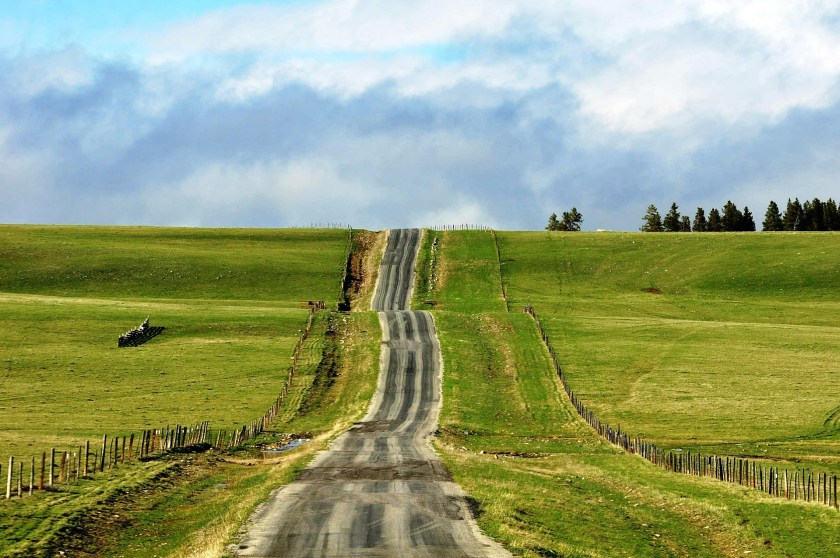I’m writing this in the second week in March, just after the schools in the UK have returned. And so my wife has returned to school, for the first time this term, so a 6:15 wakeup, an early start on the newly rebuilt A14, a covid test, then an actual lesson with actual children. Ordinary is back.
The book ‘Bread’ that I am working on talks about the rediscovery of ordinary as a great gift. It is in the context of losing it through illness and then regaining it. But as our lockdown rachets down, we hope, everyone I speak to is looking forward to the return of the ordinary. Here’s a passage from Bread that might even make it into the final version:

When I was a student, my friends and I pushed against the ordinariness from which we had come. We wanted to make a splash. We wanted to live radical lives and change the world. ‘We want to run a totally open home’ one said, everyone welcome, everyone fed, anyone can stay the night. I remember one of my friends saying she didn’t want ever to have a mortgage. She wanted to rent all her life so that she was flexible and free, not tied down and conventional.
My friends are living striking and distinctive lives, but I have observed that they, like me, also came to embrace the ordinary. When it is focused on spending time with people you love, work you love, locations you love, day after day, ordinary life can be very good. It is wealth. It is treasure. When you are denied it, you learn the deep loss from not having it. Both the working for and the attaining of the ordinary brings meaning and contentment into our lives.
Wealth and success can rob you of ordinariness, which is quite a surprise, since wealth and success are supposed to bring happiness. But just as there are burglars who are greatly relieved to be caught, so there are successful people who are greatly relieved to pass out of the limelight. In both cases, a weight is lifted.
Those who lose the ordinary see its value and the wise ones among them devote themselves to making ordinary life again. Those of us who have attained or discovered ordinary life can treasure it, by savouring it for the gift and blessing it is.


